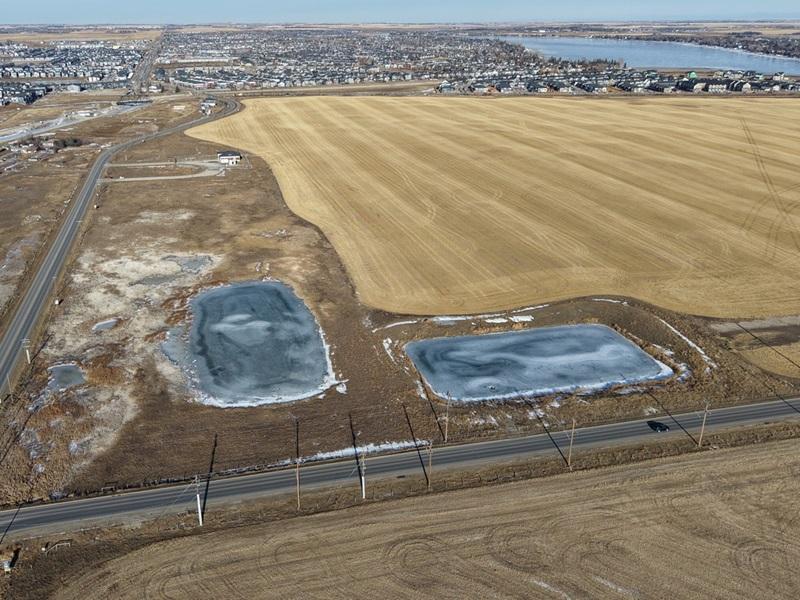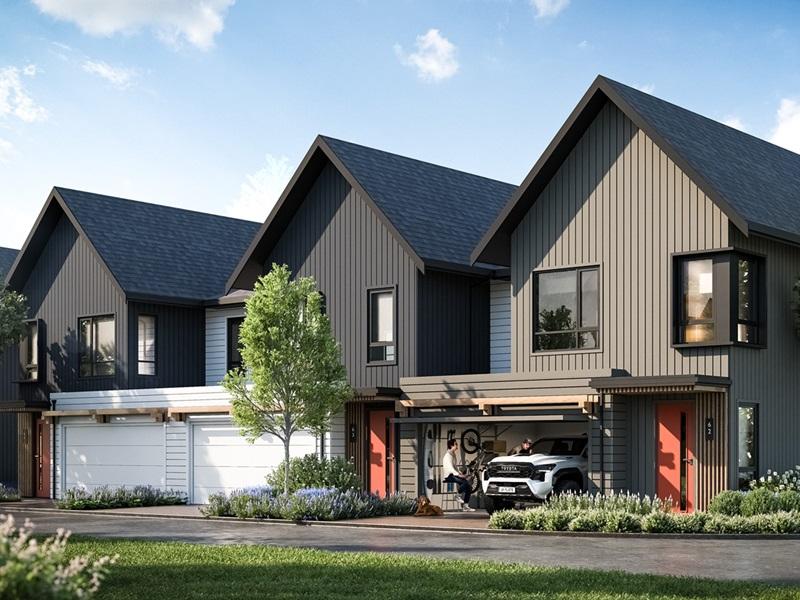
A new normal for interest rates will drive aggregate housing prices in Canada up 5.5 per cent in 2024, according to Royal LePage president and CEO Phil Soper and the firm's 2024 Market Survey Forecast.
The national aggregate price for housing is expected to increase from $799,700 in Q4 2023 to $843,684 in Q4 2024. Single-family detached home prices are predicted to rise six per cent from $655,500 to $684,998, while the price for condos are to rise five per cent from $586,000 to $616,140.
Royal LePage predicts the key lending rate will stay at five per cent through the first half of 2024 to end the Bank of Canada’s rate hike campaign to combat inflation. The Toronto-headquartered real estate franchiser anticipates modest cuts to the key lending rate by the late summer or fall of 2024.
The end of ultra-low interest rates and a market correction from the COVID pandemic will usher in a new landscape for housing costs, Soper told RENX Homes in an interview.
“People have paid up to eight per cent during the peak interest period,” he said of mortgage rates, which are easing toward the four to five per cent range. “That’s dramatic, because most people buy homes based on the carry cost, or the monthly rental equivalent, versus the sticker price on a home.”
A changing status quo for mortgage rates should “untether pent-up demand as first-time buyers, flush with savings collected during the extended down market in housing, regain the confidence to go home shopping,” he wrote in the forecast.
Impact on Canada’s housing markets
Royal LePage forecasts the biggest aggregate increase will hit Calgary’s housing market, with an eight per cent jump from $658,900 in Q4 2023 to $711,612 in Q4 2024.
Calgary’s relatively affordable housing compared to the rest of Canada, a thriving and diversifying economy, and a shortage of housing supply is drawing in new residents and pushing prices up, Soper said.
The hot markets of the Greater Toronto Area (GTA) and Greater Vancouver are projected to experience more modest price growth at six per cent and three per cent, respectively. Toronto’s aggregate housing price in Q4 2024 is expected to rise to $1,198,012, while Vancouver’s will increase to $1,281,732.
The GTA’s economy remains strong, high immigration is sustaining organic housing demand and the provincial government is taking steps to support building and developing more housing, he explained.
Vancouver’s slowing price growth was expected by Royal LePage, Soper said, because as the most expensive market in Canada, it did not face the steep downturn the GTA experienced during the COVID pandemic.
The Greater Montreal Area is forecast for five per cent price growth year-over-year, going from $581,200 in Q4 2023 to $610,260 in Q4 2024. Montreal was “due for a cyclical slowdown,” after a strong decade of growth, Soper said.
‘Rising tide’ across Canada
Smaller housing markets are not going to be immune to price appreciations in 2024, Royal LePage said.
- Western cities of Edmonton, Winnipeg and Regina will see growth of four per cent, three per cent and three per cent, respectively.
- Halifax’s aggregate housing price is predicted to rise by three per cent.
“This will be a case where a rising tide raises all ships,” Soper said.
None of these cities are witnessing economic growth as robust as Calgary, Soper said, minimizing housing price increases. But there is modest price pressure on Atlantic Canada as a small number of people are returning to cities like Halifax.
The work-from-home trend will have, and already has made, a change in Canada’s smaller housing markets, Soper said. He illustrated how the employee of a Toronto-based company can live in Windsor, London, the Belleville-Kingston Area or Barrie to keep housing costs lower, while commuting to Toronto on occasion for important meetings.
2024 a ‘Goldilocks year’ for housing
Soper said the report reflects a generally upbeat sentiment, identifying 2024 as a “Goldilocks year” due to modest increases in housing prices raising overall consumer confidence.
Other points of optimism include how employment, savings, wages and salaries have increased and housing is getting more affordable every month. A sharp decline in borrowing rates is not anticipated because Royal LePage sees no recession on the horizon, he said.
“People have the capacity to get into the market," Soper said. "The reason they haven’t been has less to do with the hard barrier of, ‘I can’t afford a home,’ and more to do with the psychology of the marketplace. If you believe that the home you’re buying today is going to be less expensive tomorrow, it’s difficult to get into the market.”
He did, however, warn about the potential for “uncomfortably high home price appreciation” in 2025. That could mean a first-time homebuyer in 2025 or 2026, who is expecting to see an extended period of softness reaching an end, may be in for a disappointment.
Royal LePage pressed on about the need to address Canada’s “chronic” lack of housing supply, which means inventory will remain unaligned with projected demand for years to come.
A decision this week by the Office of the Superintendent of Financial Institutions to hold Canada's mortgage stress test rate steady is a conservative move that was a “missed opportunity” to modestly decrease the rate, Soper said.
He questioned the purpose of subjecting people to a renewal stress test when they change a financial institution after they have proven their ability to manage a mortgage. It would have been nice to see the regulator remove that restriction, so mortgage holders could shop around for better rates, Soper said.
“That would have been a win for common sense.”










